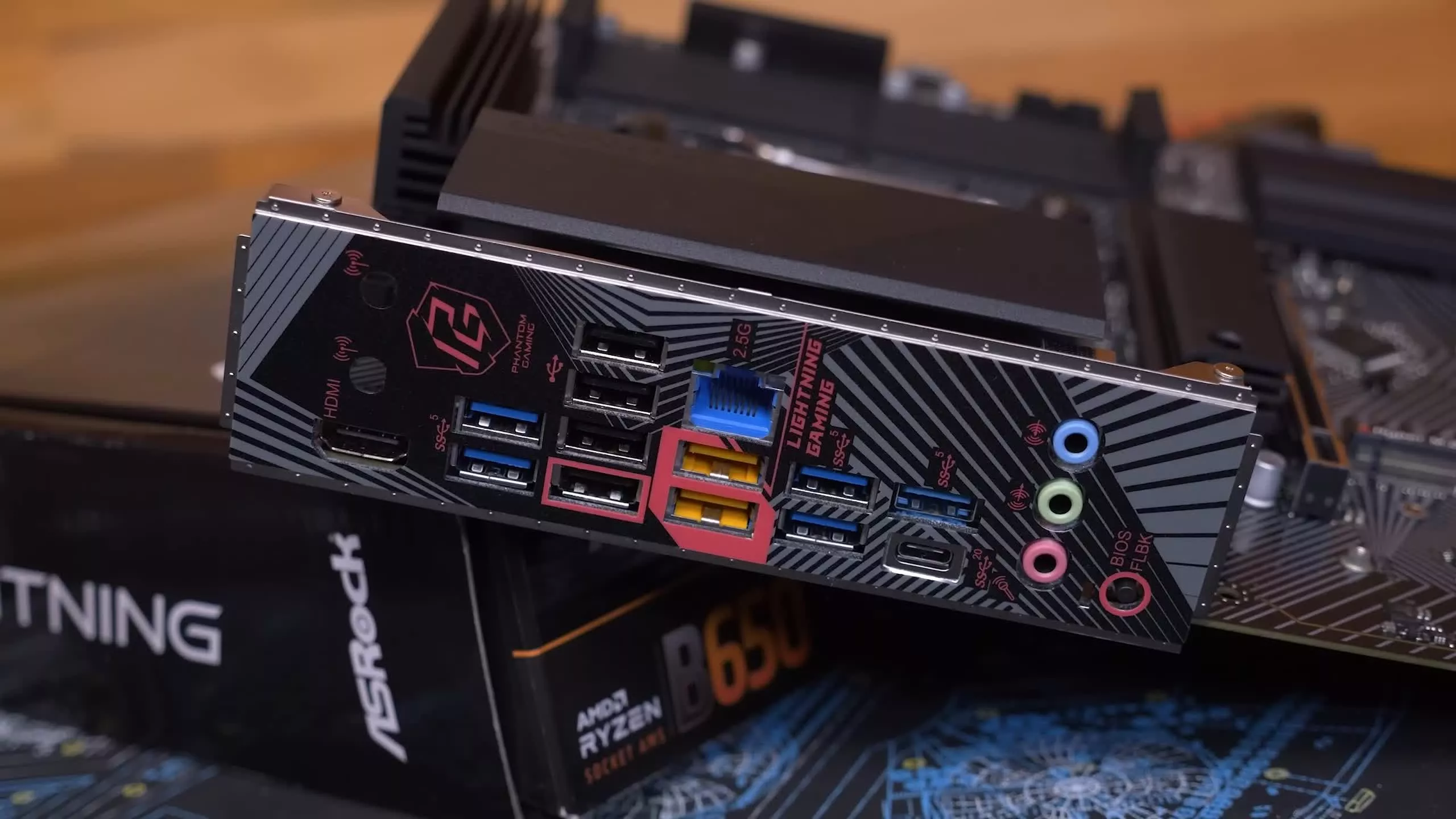What just happened? Asrock has gone on record to confirm that it is solely responsible for the more than 108 Ryzen 9000 chips that have failed in the company's motherboards. An executive confirmed that the problem relates to Asrock's BIOS settings, and that it isn't an AMD issue.

Earlier this week, YouTube channel Tech Yes City visited the Asrock booth at Computex to ask about the Ryzen 9000 failure problem on its boards. A rep said it was due to the Electric Design Current (EDC) and Thermal Design Current (TDC). Essentially, it was an amperage problem in the Precision Boost Overdrive (PBO) settings. Asrock said these had been set too high for early CPU samples.
In a later interview with Gamers Nexus host Stephen Burke, ASRock's VP of motherboards, Chris Lee, said the company has rolled out BIOS version 3.25, which alters the PBO settings in the hope of addressing the failing Ryzen 9000 problem. He added that Asrock had not seen any of its motherboards damaged as a result of the original settings.
Asrock said last month that it had inspected a motherboard from a system where the CPU showed burn damage. It claimed there was no burn damage around the mobo or VRM area. After "cleaning and removing debris" from the CPU socket, the motherboard booted up successfully with the original BIOS and passed long-term stress tests.
Lee added that Asrock would cover shipping costs both ways if users RMA their motherboards, should they believe they have been damaged.
Lee recommends that affected users send the damaged CPUs back to AMD or wherever they bought them and say they are defective. Anyone who sends a motherboard and CPU to Asrock will have the processor sent back to them so they can carry out the CPU return themselves. It sounds as if this arrangement is unlikely to please customers.
Burke emphasizes that buyers of new Asrock motherboards should not assume BIOS 3.25 is installed and should verify it themselves.
In April, Asrock blamed memory compatibility issues for the processors "failing to complete POST," even though the affected chips reportedly did pass POST and worked for anything from half an hour to several months before dying, with many cases showing physical damage. Asrock released BIOS 3.20 that supposedly fixed this problem, but new cases continued to appear.
It's certainly not a satisfying explanation and still leaves plenty of questions, and one has to wonder why it required interviews with GN and Tech Yes City for Asrock to explain the situation.
The worst part of all this is that there reports of Ryzen 7 9800X3D chips dying in Asrock motherboards with the new BIOS 3.25 update installed. There have also been cases of CPUs failing even when PBO was not enabled.
Asrock confirms Ryzen 9000 failures caused by its BIOS settings, offers to fix motherboards